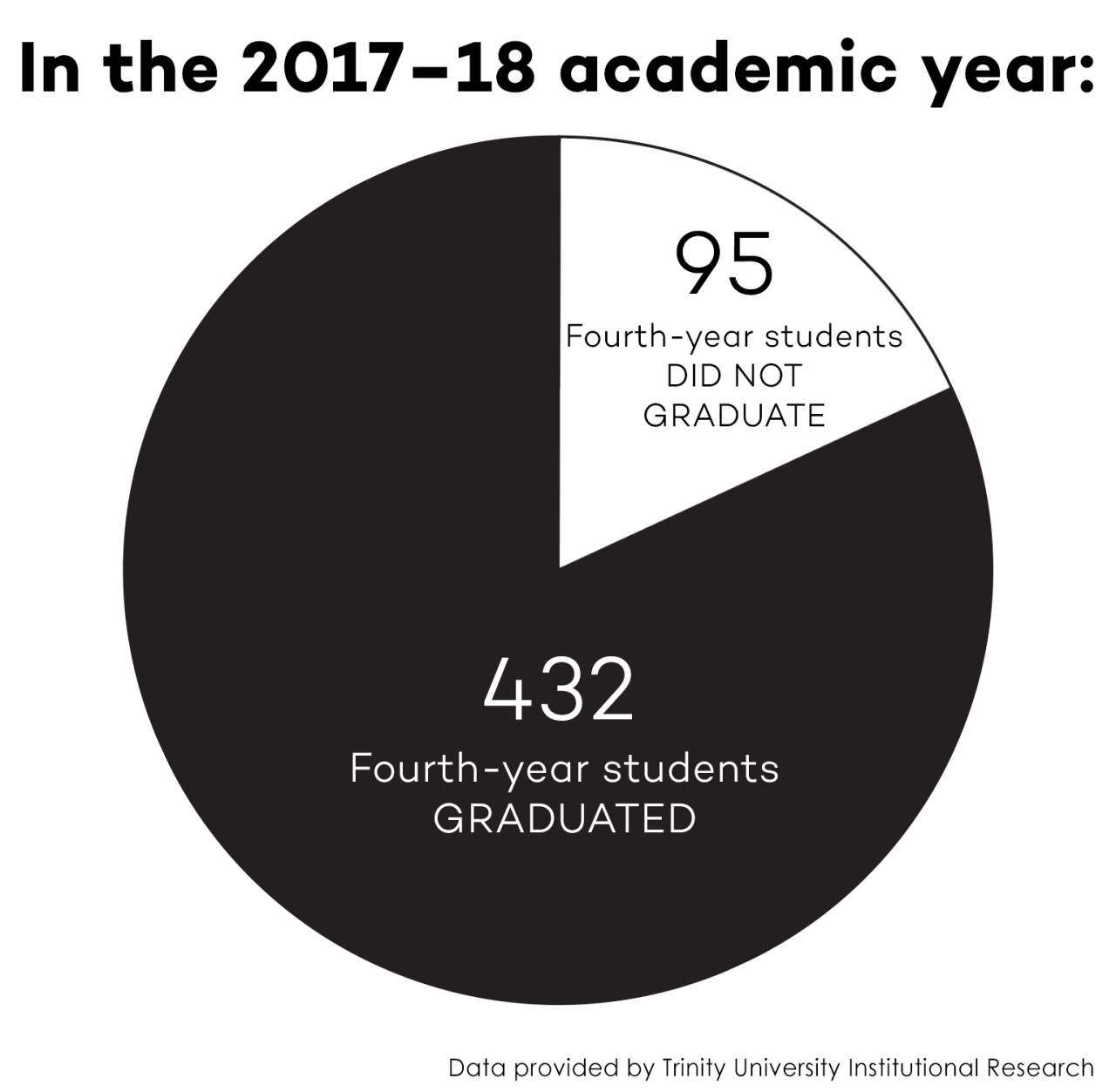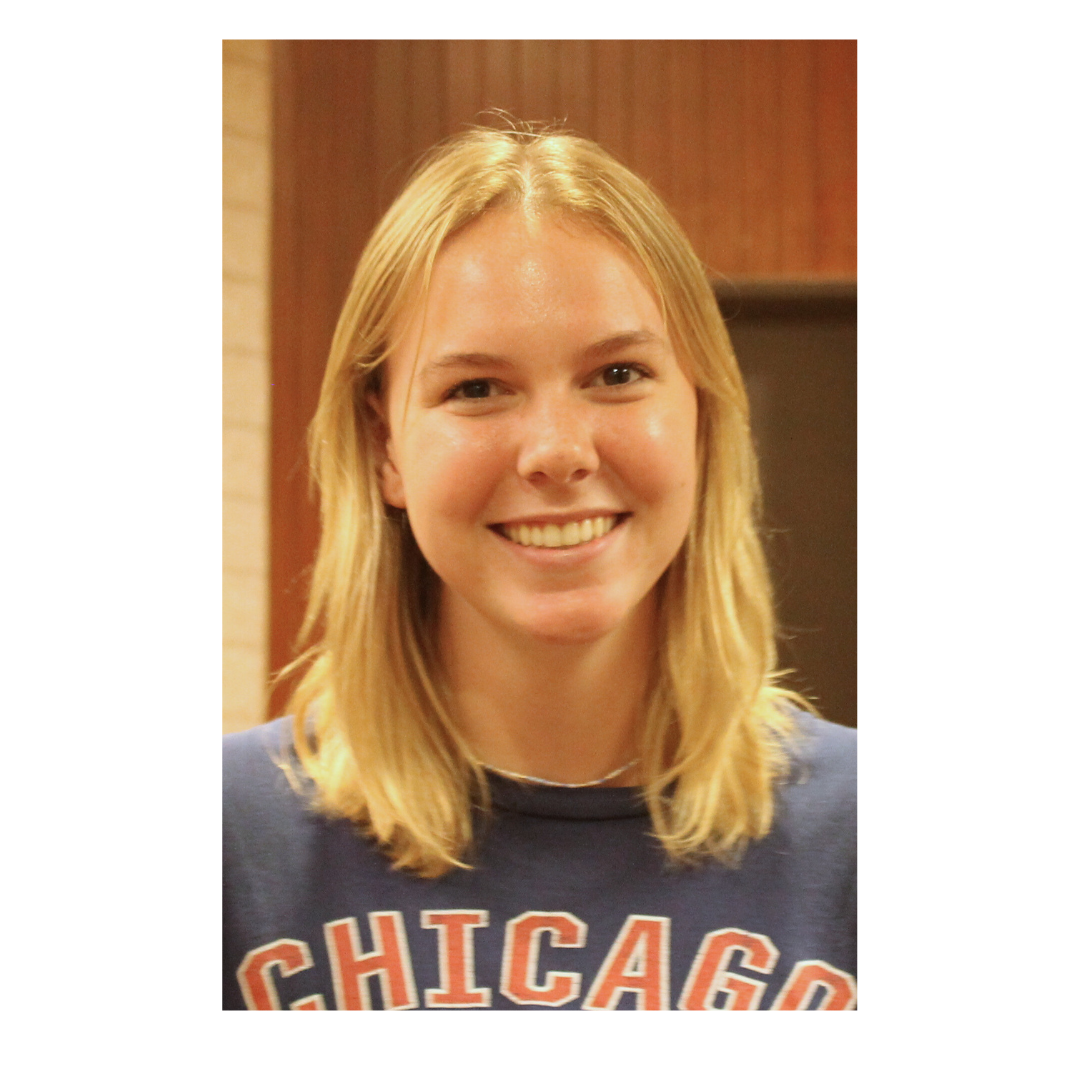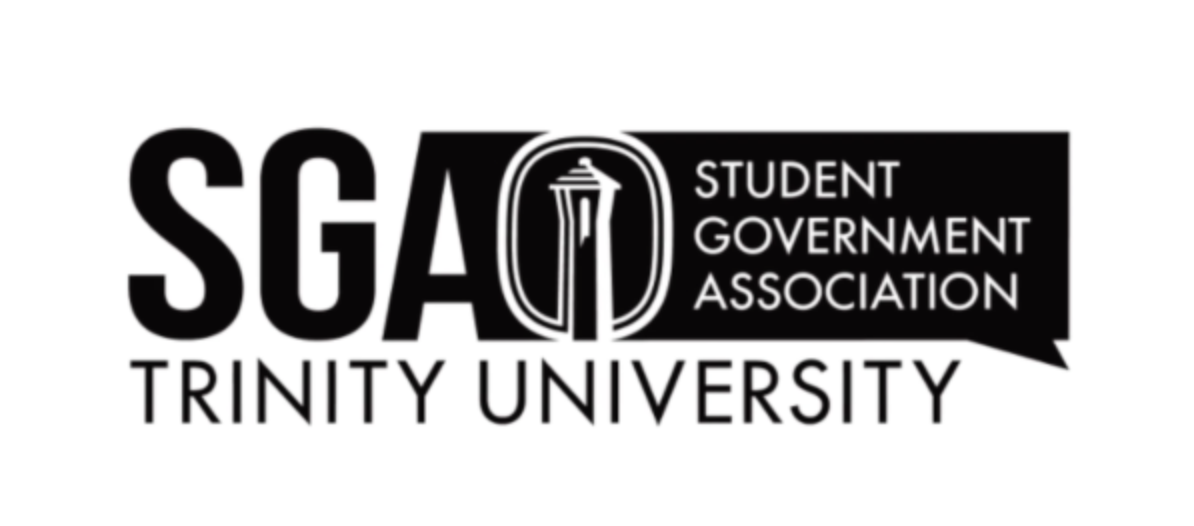Graphic by Alexandra Parris
As the first class to graduate under the Pathways curriculum nears the end of their senior year, 13 remain without fulfilling Pathways requirements. This number is down from the 78 students who were anticipated to be incomplete in three or more Pathways components by the end of the fall semester. The decrease in number is due to the addition of fall credits and proactive steps taken by the registrar’s office.
For the last three graduating classes, there was a range of 61 to 95 students who did not graduate in four years. In 2018, 18 percent of graduating seniors did not graduate in four years. In 2017 and 2016, 15 percent and 18 percent of the graduating class did not graduate in four years, respectively. The registrar is unable to calculate the graduation rate for this year until after spring and summer degrees are conferred.
Glenn Kroeger, chair of the University Curriculum Council (UCC), was not surprised when there were students who were not on track for graduation last semester.
“The fact that there were issues was not unexpected. The first time you create a new curriculum, you don’t expect it to be perfect the first time through. So, at the beginning of this academic system, there was concern about the number of students who at least in the system did not appear to be on a good track to graduating,” Kroeger said.
Michael Soto, associate vice president for Academic Affairs: student academic issues and retention, has the authority to grant exceptions to Pathways policy. Kroeger believes that these exceptions must be granted on a case-by-case basis.
“Some students haven’t done what they needed to do, and it may or may not be their fault, and it may or may not be the fault of scheduling, and it may in some cases be for poor or inadequate advising. All of those things are possible reasons for exceptions to policy, but not doing it because I didn’t want to do it is not an exception to policy,” Kroeger said.
In addition to the Academic Affairs Office’s ability to grant exceptions, the Registrar’s Office has reached out to seniors who were not on track for graduation.
Alfred Rodriguez, registrar, spearheaded the outreach.
“In September, the Registrar’s Office sent targeted emails to anticipated May 2019 graduates who were missing multiple requirements in Pathways. The purpose was to make sure they were aware, get them to work with their academic advisors on a game plan and ask if they needed additional help,” Rodriguez wrote in an email. “Keeping advisers in the loop is crucial and is our practice, so we copied them as well. Later, we sent follow up emails to students who didn’t respond.”
Rodriguez also encourages students to use the Pathways degree audit system to understand how to plan their academic schedules.
“All students should make a habit of reviewing their Pathways degree audit before each advising and registration period, but almost more importantly after registering, too. Using the Pathways degree audit tool is a great way for students to spot potential issues early on and stay on track for graduation,” Rodriguez wrote in an email.
Duane Coltharp, associate vice president for Academic Affairs: curriculum and faculty development, hopes that Trinity will continue their efforts to support students on their path to graduation.
“We as an institution have a responsibility to do everything we can to enable them to graduate in four years. Not every student does, and that’s always been the case. We need to do everything we can to reduce unnecessary barriers to completion,” Coltharp said.
To help reduce barriers to graduation, the UCC has proposed changes to the Pathways curriculum to the faculty senate. There will be a faculty senate hearing on March 22 to review the proposed changes to Pathways that have been passed by the UCC.












